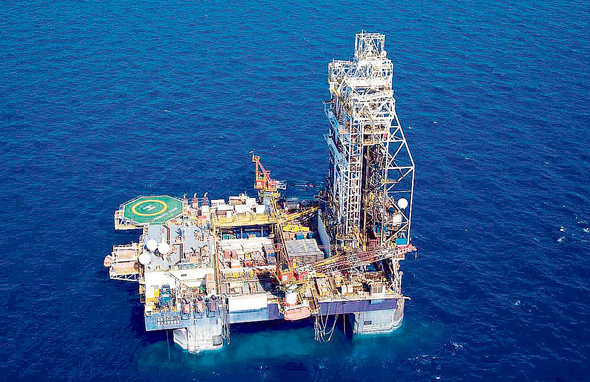Israeli Organization Contests Green Light of EMG Gas Pipeline Acquisition
Delek, Noble, and The Egyptian Natural Gas Holding Company signed an agreement to pay $518 million for a 39% stake in the Israel-Egypt pipeline in 2018. The Israeli regulator approved the acquisition in late July
Lobby 99, an Israeli not-for-profit organization aiming to negate lobbyist influence over the Israeli parliament, filed a petition to an Israeli court on Sunday against the recent approval of the acquisition of the Eastern Mediterranean Gas Co. (EMG) gas pipeline by Tel Aviv-listed gas company Delek Group and Texas-based Noble Energy Inc.
In 2018, EMED, a company composed of partners Delek, Noble, and The Egyptian Natural Gas Holding Company (EGAS), signed an agreement to pay $518 million for a 39% stake in the currently inoperative Israel-Egypt pipeline owned by EMG. The pipeline connects Israel and Egypt and the deal gives the partners exclusive rights to use and lease the pipe. While in the past the pipeline was used to stream gas from Egypt to Israel, it is soon planned to stream gas in the other direction.
 Israel's Leviathan gas field. Photo: Albatross
Israel's Leviathan gas field. Photo: Albatross
The Israeli regulator approved the acquisition at the end of July, under the condition that if local customers opt to buy gas from Egypt through the pipe in the future, the operators of Israeli natural gas fields Tamar and Leviathan will be required to match any price offered by Egyptian companies. Delek and Noble are the majority holders in both Tamar and Leviathan.
In Sunday's petition, Lobby 99 claims that the merger between EMED and EMG is illegal, and stands to severely harm market competitiveness as it will award the Delek-Noble duopoly control of the only infrastructure for importing natural gas from Egypt to Israel, while also giving the two control of the Israel-to-Egypt export. Lobby 99 is represented by advocate Dror Strum, formerly the general director of the Israel Antitrust Authority, and the petition is backed by an expert opinion written by Shlomi Parizat, formerly the authority's chief economist.
- Bazan to Acquire Leviathan Gas Field’s Condensate in Over $1 Billion Deal
- Israeli Prisons to Set Up Micro Power Plants to Meet Increasing Demand for Electricity
- One of Two Companies Allegedly Involved in Violating Water Standards to Build Israel’s New Desalination Plant
Currently, the potential for importing Egyptian gas into Israel is unclear. The last time the pipe was operational, it ended with a one-sided increase of 45% at the expense of the Israeli electricity rate, a series of sabotage explosions during the Arab Spring, and finally a one-sided cancellation of the contract by the Egyptians. Israel was left with no Egyptian gas and the local electricity rate jumped 33% to finance solar equipment for Israeli electrical plants.
Lobby 99 told Calcalist that almost 6,000 people have joined the petition, which is being financed by crowdfunding. The lobby chose to oppose the merger not just because it will impact everyone negatively via the electricity rate, but because allowing Israel's most powerful duopoly to bar any potential future competition is an unreasonable decision, Lobby 99 said.



